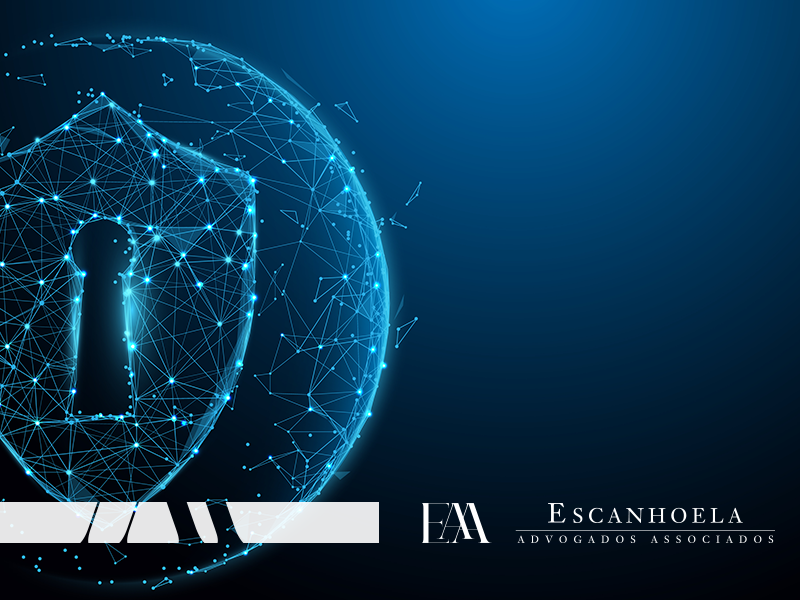When we talk about technology and law many think of a specific legal area focused on advocacy at the virtual level which take care of subjects like intellectual property or electronic contracts.
The truth is that talking about the combination of law and technology has not meant just that in a long time. Digital lawsuits and protocols, social networks, digital libraries, digital jurisprudence collection, virtual crimes, evidence produced with the use of internet, virtual currencies, electronic writing resources, e-mails and more. From the beginning to the end of the daily life of a legal professional there is an inseparable connection between law and technology.
It seems like an obvious note. And it really is. Even so many professionals struggle daily with this reality from which they cannot depart.
To say that “I am a legal professional and not a computer technician” has become an unacceptable statement in the reality of those who want to be a good jurist.
Clearly a lawyer, judge, prosecutor, public defender, registrar, clerk or whatever other legal profession, does not need to know technology-related issues as thoroughly as an information technology (IT) professional. But neither can you proclaim technology aversion, which is nothing more than your basic working tool nowadays.
Even more so in a country like Brazil where each State has different systems of digital lawsuits, which may or may not be the same as those used at the federal level. “E-saj”, “PROJUDI”, “Pje”, “SIS”, “e.ambiente”, the options are numerous in the judicial or administrative sphere.
Documentation and information exchanged between lawyers and their clients are mostly electronic. Not knowing how to use a document in digital format, using basic computer resources or investing in technology improvements and refusing to do so because you simply do not agree with technological developments or feel nostalgia for another time, not only causes harm to the professional himself, but also to his clients.
The same within the public service.
We have more and more regulations and laws that address issues that are getting out of the physical reality and occurring in the virtual world, where most financial transactions, contracts, and several kind of illicit occurs.
There are differences in the speed of learning how to use new technologies not only across generations, but within those that were supposed to make an easy use of it. This is also no justification since there are lots of options and ways to overcome this situation.
It is important to remember that several law schools in Brazil fail within this scenario. Few have classes related to digital law. Even fewer provide their students with some guidance on digital systems that they will use after graduation.
It is not easy (nor cheap) to deal with the need to be daily updated not only in the legal field, but also in technological advances, system modernization, new forms of communication. All that along while also being constantly hit by the high speed of information exchange in this environment.
But that is the reality most of today’s professions face when striving for excellence in their practice. In the law field is added the endless number of regulations, laws, codes, guidelines, jurisprudence and the whole scenario of legal uncertainty that Brazil offers.
Technology is not optional but essential to anyone who wants to be a good professional today, and like every tool, if used well, it helps a lot in resolving disputes, in whatever sphere.





 News
News Articles
Articles Cases
Cases
